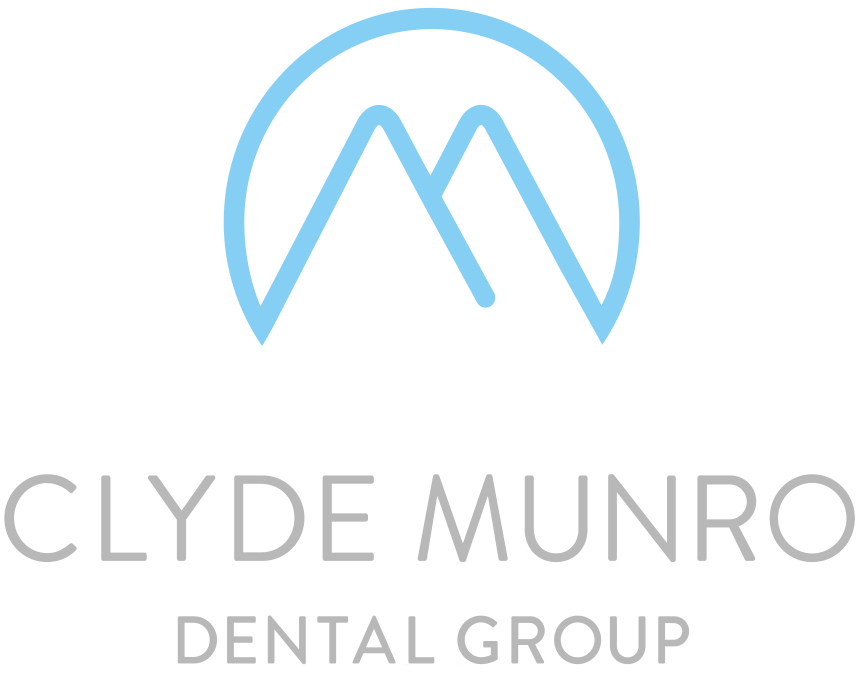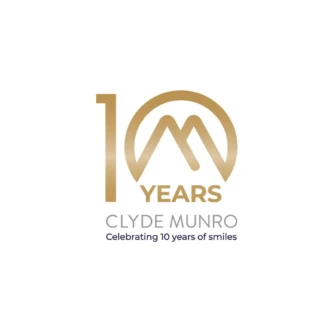Going NHS or going private – what is the difference in their dental treatments?
Choosing between NHS and private dental treatment can be difficult. Understanding the differences can help you decide the best option for your care.
Published: 12 November 2024
NHS dentistry explained
Everyone in Scotland is able to receive NHS dental treatment. Many NHS treatments are free of charge if you fall into the right category. This can be anyone under 26 years old or pregnant women / nursing mothers. Those on a low income may also get help with costs. For paid treatments, each one is at a fixed, heavily subsidised rate. This is regardless of how many appointments it takes to complete the treatment.
What treatments can I get on the NHS?
As the NHS is a Health Service, the treatments must be necessary for your health. The NHS is therefore open to regular check-ups, emergency appointments and essential dental care.
Available services include X-ray scans and extractions, and restorative treatments, such as fillings, crowns and dentures. These are often restricted to certain materials.
On the orthodontic side, NHS patients under the age of 18 can get braces. This is after an assessment has shown a clinical need for treatment. For adult patients, orthodontic treatments are paid for.
NHS limitations
The NHS is limited with certain treatments. Dental implants are permitted on certain health grounds. For instance, if a medical condition causes a lost tooth, an implant can be provided on the NHS. These are also only placed in a hospital setting, and not at a dental practice.
What the NHS does not offer is cosmetic treatment. This means you cannot go to the NHS for teeth whitening. However, some cosmetic dental solutions can be delivered if there is a major physical or psychological reason.
The waiting list for NHS care is much longer than private care. However, Scotland has significantly invested in NHS dentistry. The last ten years has seen a 35% increase in NHS dental services, reducing the waiting list.
It’s important to know that patients registered with an NHS dentist can still choose a private treatment – you are not tied to one provider or type of dental service.
Private dentistry explained
Private dental practices can deliver a greater variety of dental treatments. From general check-ups to hygiene appointments, there is more flexibility. The usual treatments are available, such as extractions and fillings. But private practices are less restricted with the materials they use. As such, they offer a greater choice in treatment types and techniques.
For example, you can get veneers, composite bonding, white fillings and teeth whitening done privately. Dental implants are also available. If you want a smile makeover – typically involving various treatments to improve your smile’s appearance – then going private is the way forward. Waiting times are also typically much shorter so treatment can start soon after your initial consultation.
Weighing things up
If you are in need of a dental treatment, chose your practice carefully. Weighing up the difference in cost, waiting times and treatment options between NHS and private is also essential. This way you can find the best service for you. At Clyde Munro Dental Group, we offer both NHS and private dental appointments. Whether you need a cosmetic treatment, a new filling or a general check-up, we can help. Discover your local practice here.





